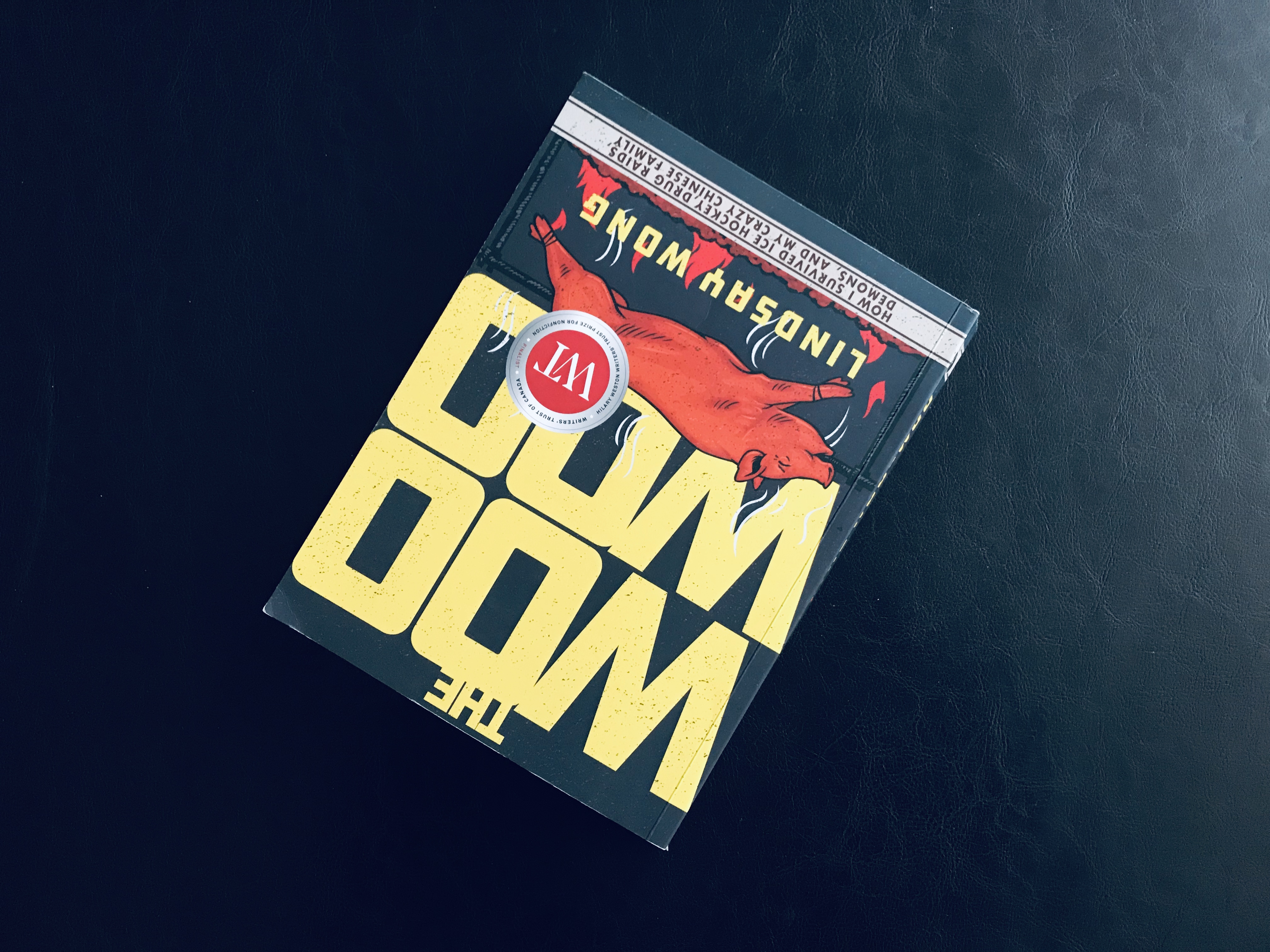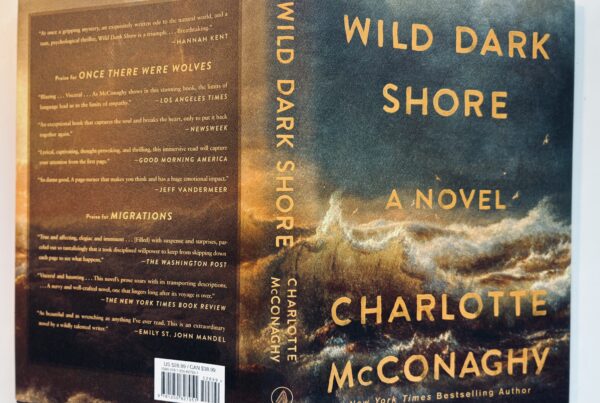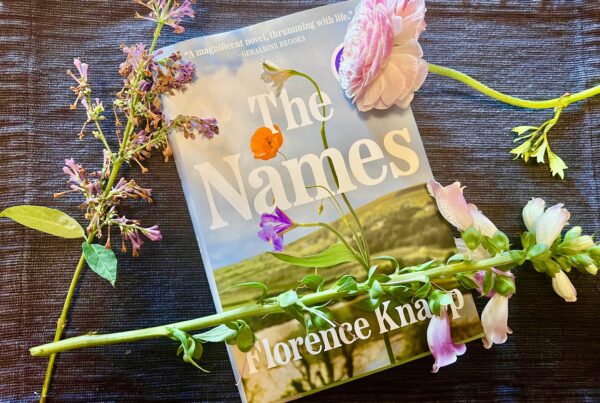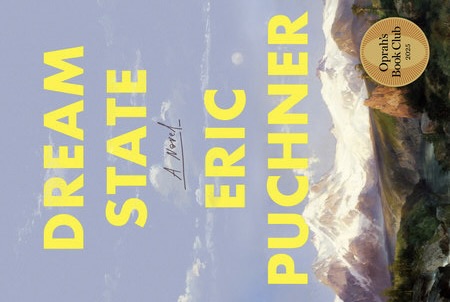Reading some of Lindsay Wong’s Facebook posts is like getting tiny glimpses into a life that is at once shocking, heart-wrenching, and hysterically funny. For instance, one such post after her memoir, The Woo Woo, had gained many positive reviews and award nominations (her book has since won the British Columbia book prize for non-fiction):
family member: people are buying your book because they feel really sorry for you. it’s not because you have any talent or writing ability. your book actually f*cking sucks.
me: i didn’t know you knew how to read.
fm: why would you tell our family story to make a few bucks?
me: you wouldn’t expect me to do it for free. i’m not mother theresa.
fm: are you going to keep writing about us?
me: if they pay me. i believe i should be compensated for having you as my family.
fm: what does that f*cking mean? we’re very nice people.
If you didn’t wince, then chuckle, then blink several times, then chuckle some more as you read this back-and-forth, I’d be surprised.
The Woo Woo: How I Survived Ice Hockey, Drug Raids, Demons, and My Crazy Chinese Family is like a novel-length version of this post—entertaining, honest, traumatic, and mind-boggling. The book follows Lindsay from childhood to the present day, inviting the reader into a Chinese-Canadian family and household that doesn’t believe in mental illness, but rather ‘the woo woo’—spirits that are blamed for everything from deaths to psychosis to psoriasis. Even though several family members, including her mother, aunt, and grandmother all suffer from illnesses that would surely be diagnosed if given the chance, the family mostly refuses more institutionalized forms of medicine and manages everything from severe depression, personality disorders, anxiety, and suicidal tendencies on their own. And by “manages,” I mean descends into chaos in most instances.
I was riveted throughout the book, consistently 1) disbelieving that anyone could survive this life, 2) in awe that Wong could write so bravely and honestly about such intimate and disturbing details of her life, 3) laughing out loud at her blunt descriptions and creative metaphors, and 4) enlightened about the inner life of at least one Chinese-Canadian family (but, as it seems in the book, many more too).
Perhaps the most awe-inspiring aspect of The Woo Woo is that amidst all of the trauma she experienced growing up in this family—the verbal abuse, poverty-like living conditions, near-death experiences—Wong manages to find redemptive qualities in some of her most troubling relatives, including her own mother and father. In depicting a family suffering under the weight of its own ignored mental health issues, Wong also manages to show how loyal they are to one another in their own ways—perhaps just not in ways that we (outside of her family) would understand or acknowledge.




